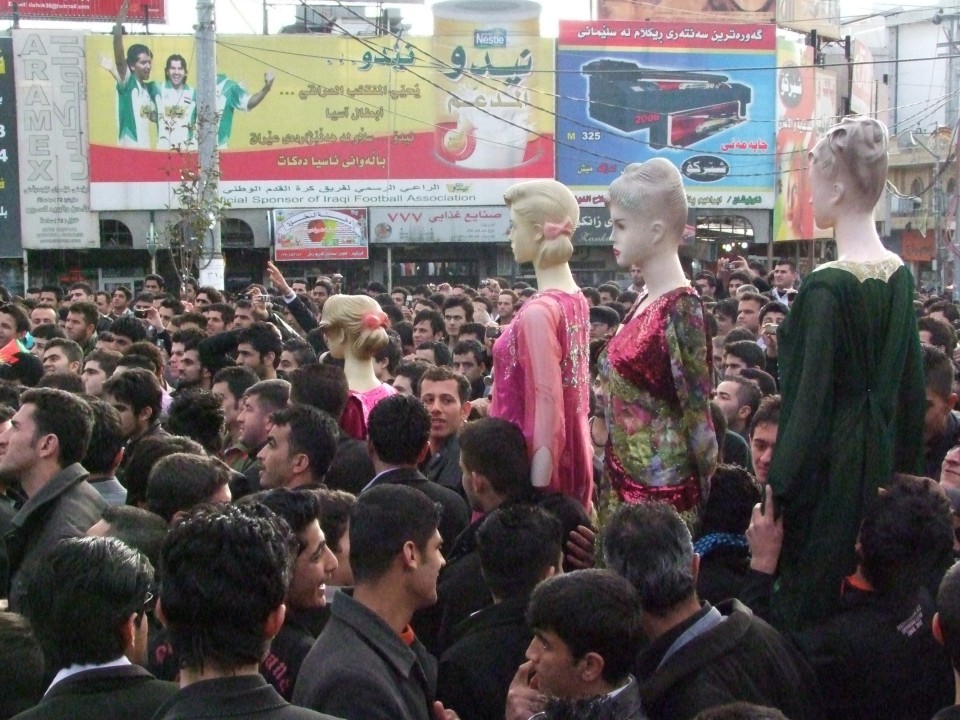Assessing Grievance Mechanisms: A Framework for Ensuring Effective Business Remedies
Progress on the Provision of Remedy for Harms
Time was – not long ago – that the fashion was to fret about the “forgotten Pillar” of the UN Guiding Principles on Business and Human Rights (UNGPs): Pillar III, which describes the shared but differentiated responsibilities of States and businesses as regards the provision of remedy for business-related harms. That moment has, thankfully, definitively passed, for which much credit goes to the OHCHR, whose Accountability and Remedy Project (ARP) will be an essential point of reference for many years yet. Mandatory human rights due diligence (HRDD) and sustainability reporting legislation at European level have also served to sharpen the focus on companies’ efforts in this domain. Grievance management is well-established as a core element of good corporate practice. And in terms of the familiarity and comfort of business with the UNGPs’ expectations, as well as the fundamentals of internal company process, there has been substantial progress. But the effort needs to be broadened to encompass difficult issues (complainant confidentiality, managing the risk of retaliation and co-operation with State actors, for instance), if we are to refine and embed good practice to deliver safe remedies, including in cases of more serious harm.
Making Remedies Appropriate and Grievance Management Safe
For remedies to be appropriate and the process safe, OGMs will need to meet the effectiveness criteria outlined in UNGP 31. Yet companies – in their fondness for itemised and actionable implementation plans – may not fully understand those criteria as inter-dependent and mutually reinforcing. At INCAS, we’ve developed an assessment framework that proceeds from that understanding and we’ve used it to work with clients seeking to align with the UNGPs’ effectiveness criteria - on a broad front and over time, through carefully targeted action.
An Assessment Framework for Operational Grievance Management (OGM)
The INCAS OGM assessment framework addresses the central problem that companies often struggle with, in detail and across all dimensions of good practice within the UNGPs’ normative architecture: what are the features of good institutional design that are required in a given operational context, such that any grievance mechanism operating in that context offers a broadly trusted, credible and effective means by which human rights-related grievances or issues can be (and in practice are) lodged, impartially investigated, resolved and an appropriate remedy offered that is satisfactory to the complainant.
Stakeholder consultation on the performance of the mechanism, conducted by local technical experts, is fundamental to our methodology: only through such direct dialogue (both informal and structured) can we properly identify and critique any barriers to access which the mechanism’s design (or the practices of those who operate it) may present.
Beyond considerations of access, consultation with users – both historical and potential – integrates community stakeholders’ perspectives into the assessment framework across each dimension of practice: clarity of procedure, quality of awareness-raising, appropriateness of available remedies and so on. This with the aim of ensuring that organizations with which we collaborate can fine-tune, overhaul or design their mechanisms by detailed reference to the experiences and preferences of people in affected communities – identifying and designing out any barriers to access that may undermine the mechanism’s usefulness to potentially vulnerable individuals (such as human rights defenders) or marginal groups within communities.
Our framework is designed to support companies in using the information received through OGMs, to inform impact assessments, update risk registers, enact locally-appropriate mitigations or preventive measures and stress-test their assumptions about company-community relations and potential tensions. The results of such an assessment (and, just as importantly, the consultative, collaborative and cross-functional assessment process itself) can afford companies the space, opportunity and framework within which to bring more grievance data – and the community relations teams best-placed to interpret it – into HRDD processes.
Effective grievance management practice, which is seen to support the maintenance of constructive community relations and progressively better social risk management, can and should also help practitioners advocate for human rights programmes at the centre of the company. It may further help social teams to engage senior management, provide an evidence base that demonstrates the value of sound practice in reducing the risk of corporate-community conflict and thereby strengthens leadership support for further investment in the broadening and deepening of such good practice. It can, in short, help to shift grievance management closer to the strategic centre of a company’s social programme.
We seek, then, to provide an independent, technical view – integrative of stakeholders’ and users’ perspectives – of site-level procedures and claimants’ experience of a grievance mechanism’s conformance with the relevant normative expectations, consistency with particular aspects of industry-specific good practice and sector-agnostic, leading practices in the handling of grievances. Our assessment framework comprises 43 indicators, covering 26 themes, within an analytical model developed by close reference to the UNGPs expectations and OHCHR guidance and recommendations.
The Aim and Ambition
Our aim, with our partners in client company teams, is to support understanding of (and improved comparative performance against) international normative standards. But our longer-term ambition is that its broader and longer-term effect will be to help companies to ratchet up from good practice, aim higher than compliance and go beyond conformance with the UNGPs’ effectiveness criteria - to conceive of, design and resource grievance management as a central component of a rigorous and rights-respecting social risk management programme.
About Nick
Nick is a Senior Expert at INCAS with a focus on responsible business conduct and human rights at the corporate level. He brings two decades of experience in strategic social issues management and non-governmental stakeholder relations, including the rehabilitation of corporate reputations and aligning corporate policies with societal expectations. Nick helped define bp’s global human rights policy and led its Modern Slavery Act compliance programme. He holds an MSc in Gender and Development from the London School of Economics and a BA in Modern Languages from the University of Oxford. Nick is fluent in English, French, and Spanish.
 By
By


